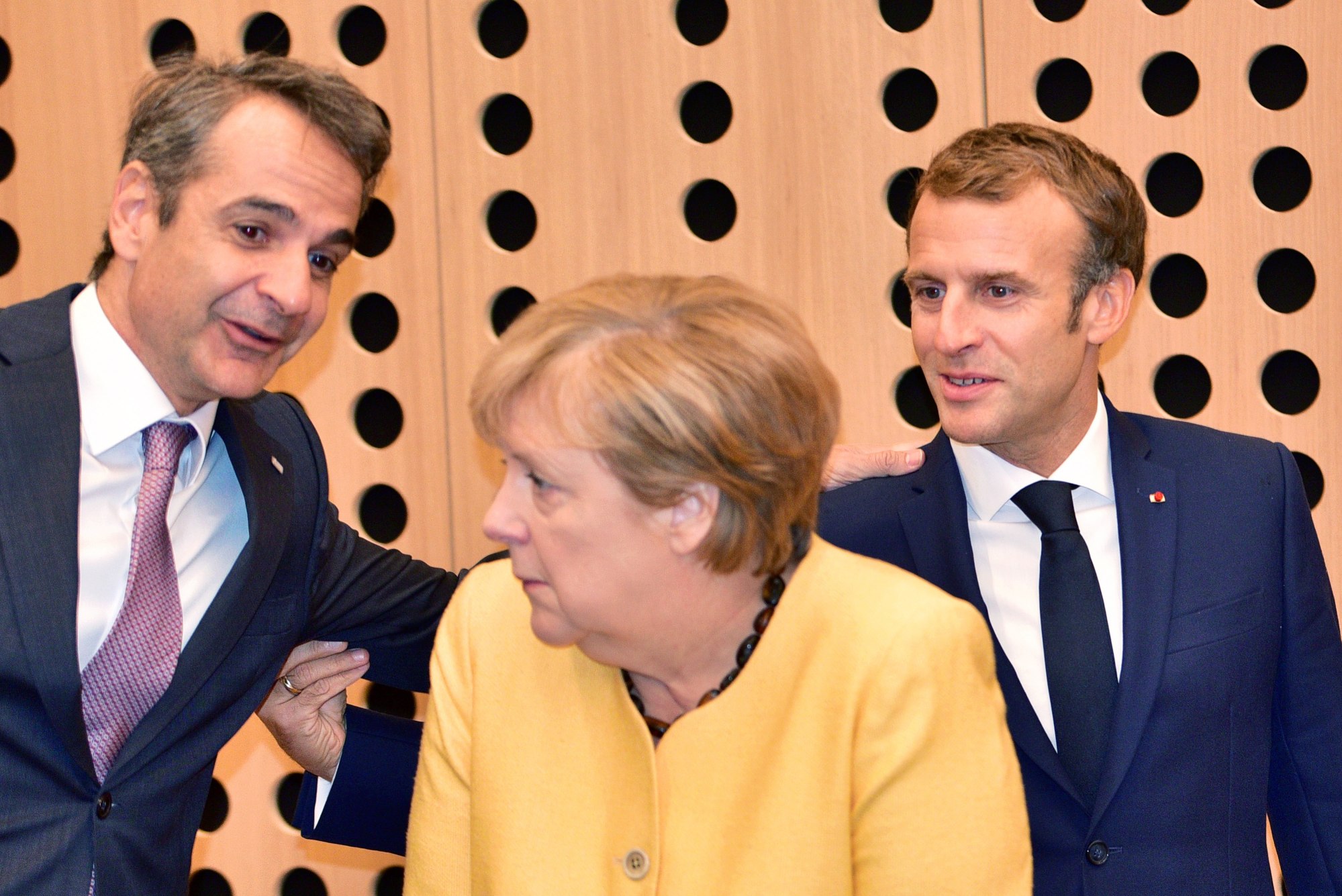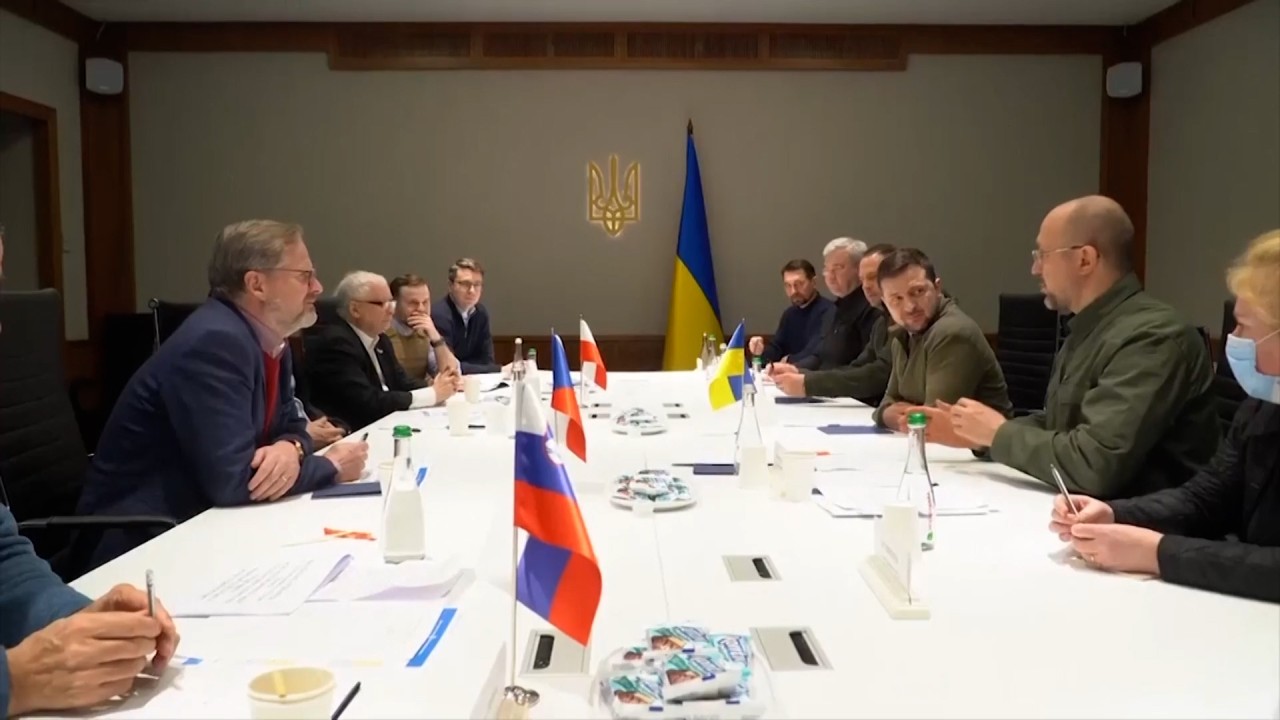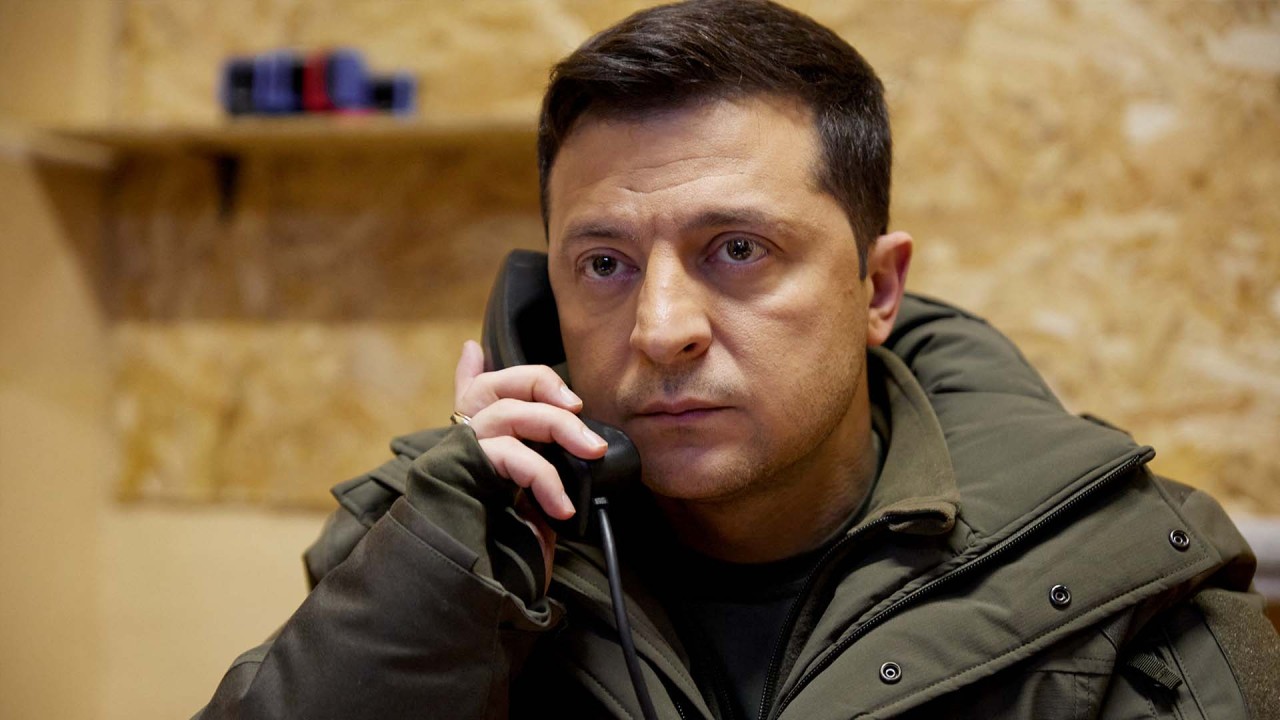
How the EU can reinvigorate itself and go beyond being western Europe’s old boys’ club
- Enlargement sceptics like French President Emmanuel Macron fail to see that the European Union has lost its ability to inspire
- A new wave of enlargement that includes Ukraine and the Western Balkans could reinstate the EU as a model of how regionalism can counteract great power pressures
Speaking in Strasbourg recently, French President Emmanuel Macron laid out a new vision of European integration while stressing that it would take “decades” for Ukraine to join the European Union proper.
Macron clearly remains an enlargement sceptic. He vetoed plans in 2019 to open accession talks – the last stage before full membership – with Albania and North Macedonia.
Macron’s attitude is emblematic of the enlargement fatigue that has gripped many “old members” since the mega enlargement in the 2000s, when the EU grew from 15 to 27 members.
Where the EU made the clearest difference is in former communist countries in central eastern Europe and the Baltics which were lucky enough to be considered for membership in the 1990s.
The power of conditionality is behind the EU’s success. Membership has been an incredible incentive to speed up political and economic transition, although it is not perfect.
Furthermore, enlargement has been a net benefit for the EU, increasing its internal economic dynamism and external economic competitiveness. Some of the “best performing” EU member states are from its mega-enlargement cohort, especially the Czech Republic, Estonia, Lithuania, Malta and Slovenia.
However, the likes of Macron fail to see that the EU’s power was always in its ability to inspire and that, in recent decades, it has significantly lost such “capital”. That is why this situation is an incredible opportunity to reinvigorate the EU.

This is not to say that the EU should simply grant membership to Ukraine or the remaining Western Balkan states. Macron is right that any road ahead would be arduous.
Although many, especially in the media, characterise Ukraine as a noble democracy repelling an evil Russian empire, it has never been a democracy (unless you take a very minimalist definition that equates democracy solely with elections). Zelensky, for all his incredible leadership, was not driving Ukraine on a path to democracy.
But, seizing the moment requires binning dull technocratic requirements and making bold decisions. In this, the EU has a good track record. The accession of Greece, Spain and Portugal in the 1980s was actually quite whimsical and done to seize the moment in aiding their transition from military dictatorships.
Perhaps the problem lies in perceptions among older member states that the likes of Ukraine and the Western Balkan states are not truly European.
But the EU was always envisaged as a pan-European project. Article 237 of the Treaty of Rome (1957), the EU’s foundational document, states that: “Any European state may apply to become a member of the community.”
An embrace of French politician General de Gaulle’s definition of Europe as being “from the Atlantic to the Urals” rather than western Europe’s “old boys’ club” is sorely needed.
How Macron’s victory could be a win for both the EU and China
Reinvigorating the EU via a new wave of enlargement would reinstate it as an inspiring model of how regionalism might be an antidote to the growing pressures of great power competition.
The EU was, after all, an inspiration to regional bodies elsewhere, most notably Asean, but in recent years the expected growth of regionalism has not only stalled but retreated.
Professor Gary Marks once said that what the EU did better than previous European integration projects (such as Napoleonic France and Nazi Germany) was that it combined scale benefits while respecting the importance of communities (through subsidiarity).
Such a blueprint could find fertile ground again in the Indo-Pacific, particularly in the potential to reinvigorate Asean and, perhaps, greater integration among the Pacific Island states.
After all, the EU desperately wants to forge “a stronger Europe in the world”, so what better way than returning to its strengths.
Macron has proven to be a man of ideas since he became French president in 2017 and he has talked a big game on resuscitating the EU, economically, politically and militarily.
However, he appears to be missing the obvious avenue. This is a shame as any bold EU transformation must have strong Franco-German backing.
It appears that Ukraine – despite its heroics in standing up to Russian aggression – will have to wait and see about its EU future. Another case of the EU being a proverbial “hobbled giant”.
Nicholas Ross Smith is an adjunct fellow at the University of Canterbury, New Zealand



